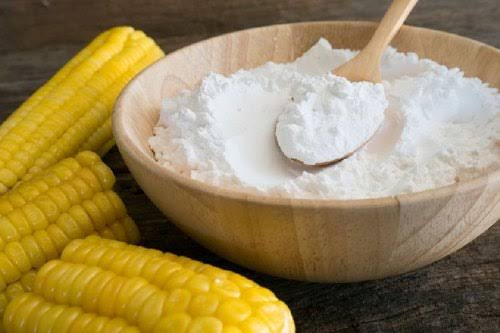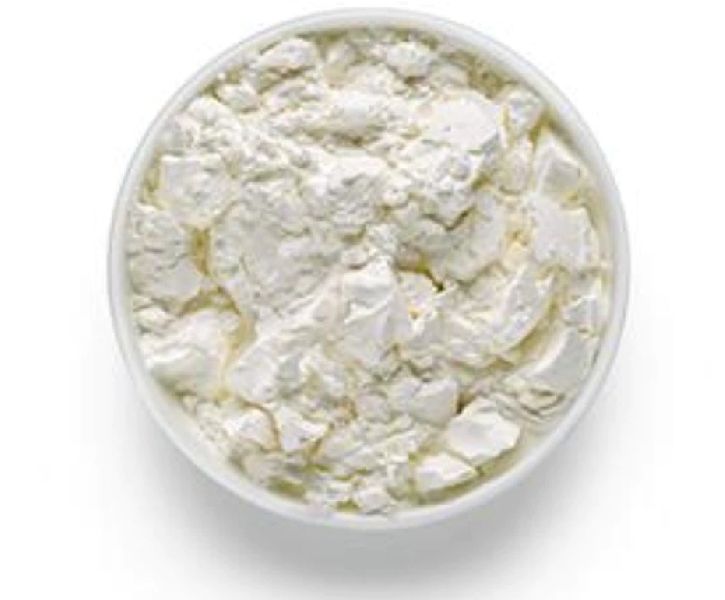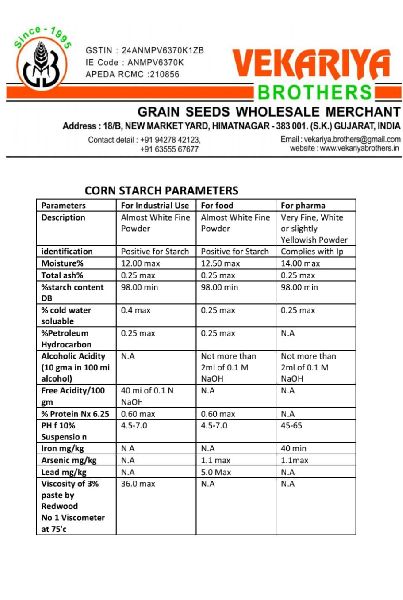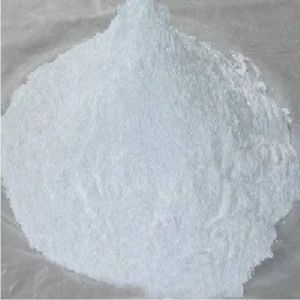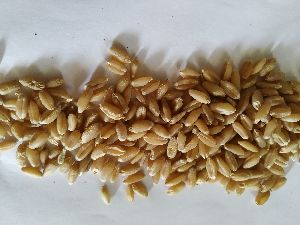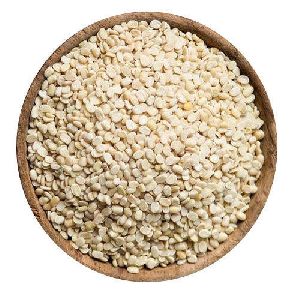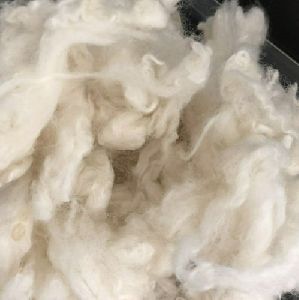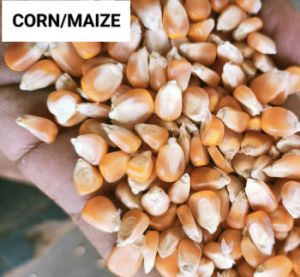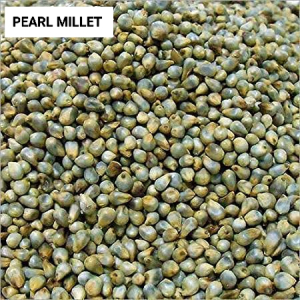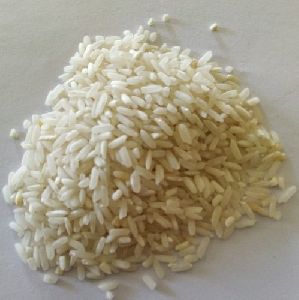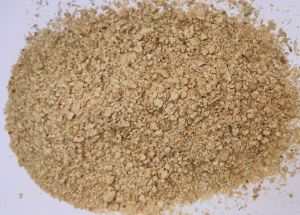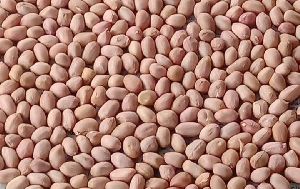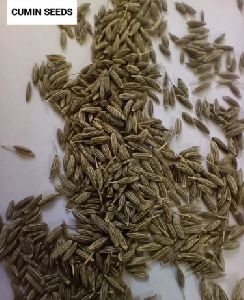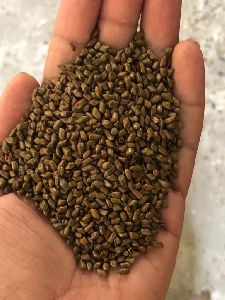Himatnagar, Sabarkantha, Gujarat
- GST NO. : 24ANMPV6370K1ZB
| Business Type | Exporter, Supplier, Trader |
| Packaging Size | 50Kg, 25kg |
| Color | White, Grey |
| Shelf Life | 3Yrs, 1year |
| Click to view more | |
Preferred Buyer From
| Location | Worldwide |
Product Details
Corn starch, also known as maize starch, is a fine white powder derived from the endosperm of corn kernels. It is primarily composed of two types of complex carbohydrates: amylose and amylopectin. Here are some key points about corn starch:
1. Source: Corn starch is extracted from corn kernels, which are one of the most widely cultivated crops in the world. The kernels are ground to separate the endosperm, which is then processed to obtain corn starch.
2. Physical Properties: Corn starch is a fine, odorless, and tasteless powder that is insoluble in cold water. However, when mixed with hot water, it forms a thick paste due to its ability to absorb and hold water molecules.
3. Thickening Agent: Corn starch is well-known for its ability to thicken liquids. When added to soups, sauces, gravies, or other liquid-based preparations, it absorbs water and creates a smoother, thicker consistency. It is often used as a natural alternative to other thickening agents like flour or arrowroot.
4. Culinary Applications: Corn starch finds widespread use in the culinary world. It is commonly used to thicken sauces, custards, and puddings. It is also used in baking to improve the texture and tenderness of cakes, cookies, and pastries. Moreover, corn starch can be used as a coating for frying foods, providing a crispy exterior.
5. Industrial Applications: Corn starch has various industrial applications. It is utilized in the paper industry as a binder and coating agent for paper products, enhancing printability and texture. Corn starch is also utilized in the production of biodegradable plastics, adhesives, and textiles. In the pharmaceutical industry, it can be used as a filler or binder in pill formulations.
6. Gluten-Free and Allergen-Free: Corn starch is naturally gluten-free, making it a valuable ingredient for individuals with gluten sensitivity or celiac disease. It is also free from common allergens such as wheat, soy, and nuts, making it a versatile option in food preparations.
7. Sustainable and Renewable: Corn starch is derived from a renewable resource, as corn is a widely grown crop. It offers a more sustainable alternative to petroleum-based products and contributes to reducing reliance on non-renewable resources. Additionally, corn starch-based products can be biodegradable, promoting environmental sustainability.
8. Export Importance: As an exporter of corn starch, you contribute to the global availability and accessibility of this versatile ingredient. Your role enables various industries to utilize corn starch in their manufacturing processes, creating a wide range of products that benefit consumers worldwide.
These brief details provide an overview of corn starch and its significance in various applications. As an exporter, you play a crucial role in supplying this valuable ingredient to meet the global demand.
Looking for "Corn Starch" ?
Explore More Products

